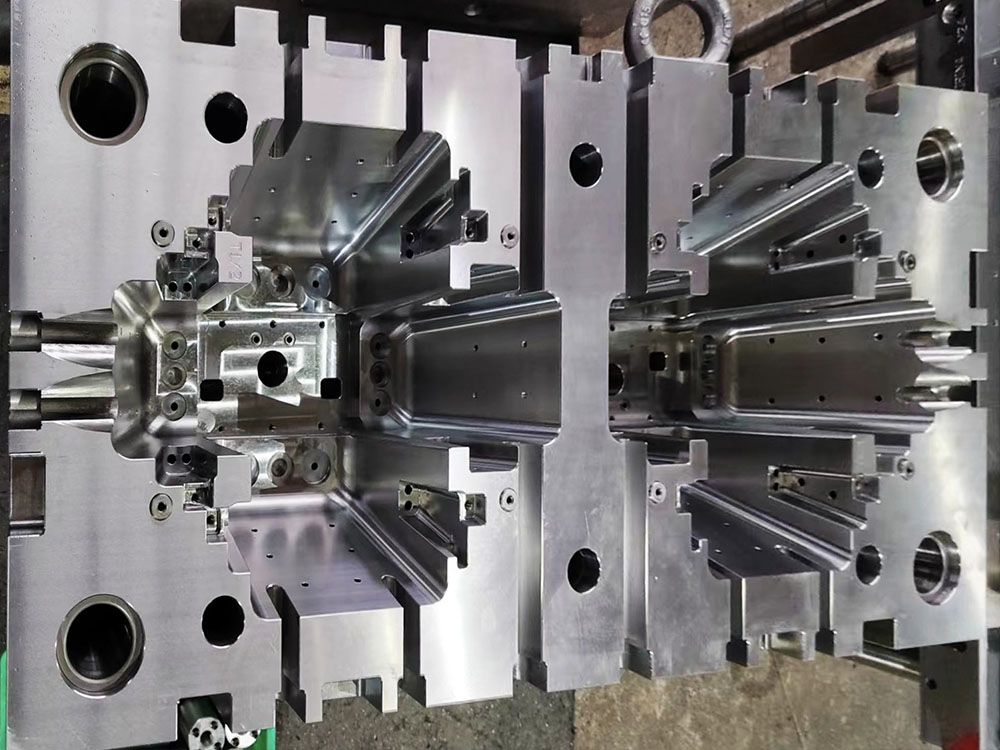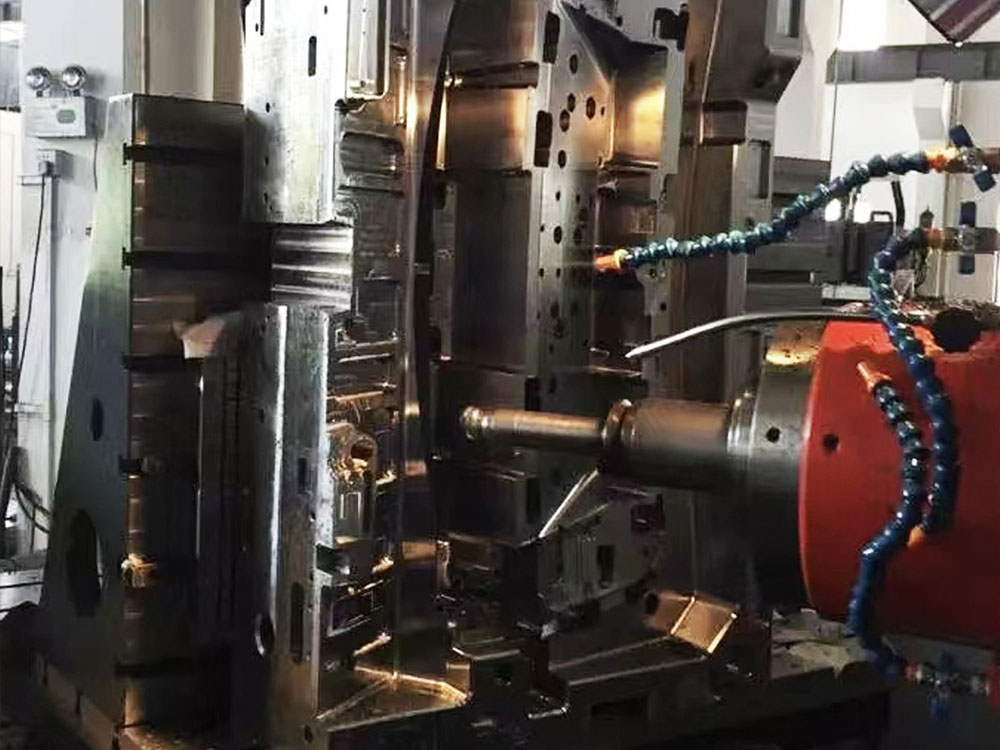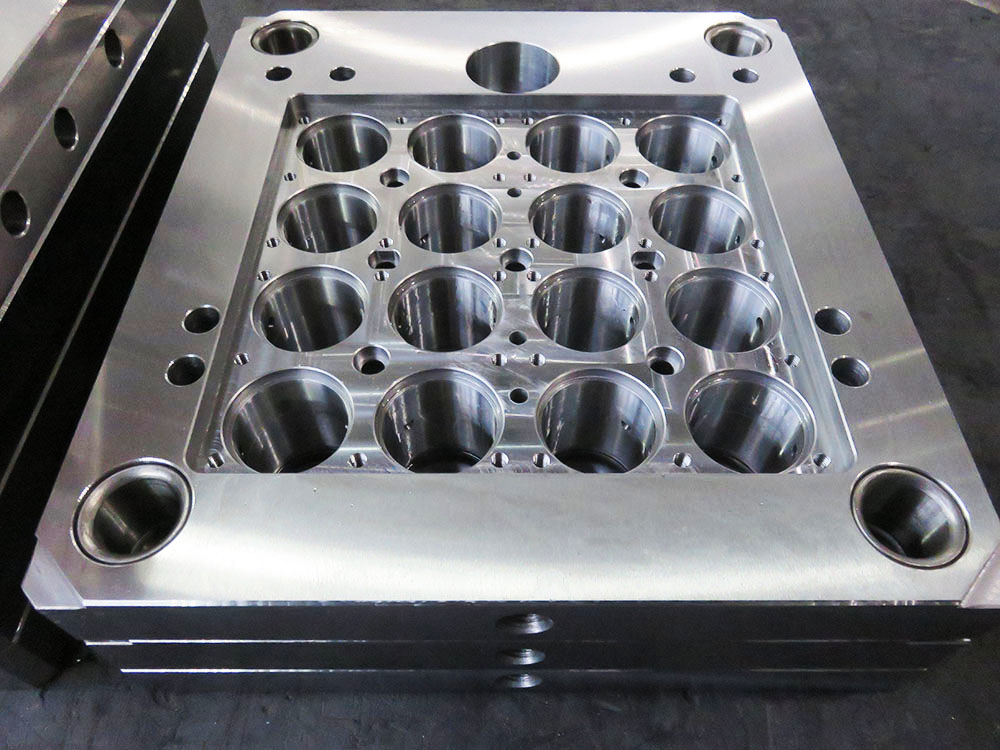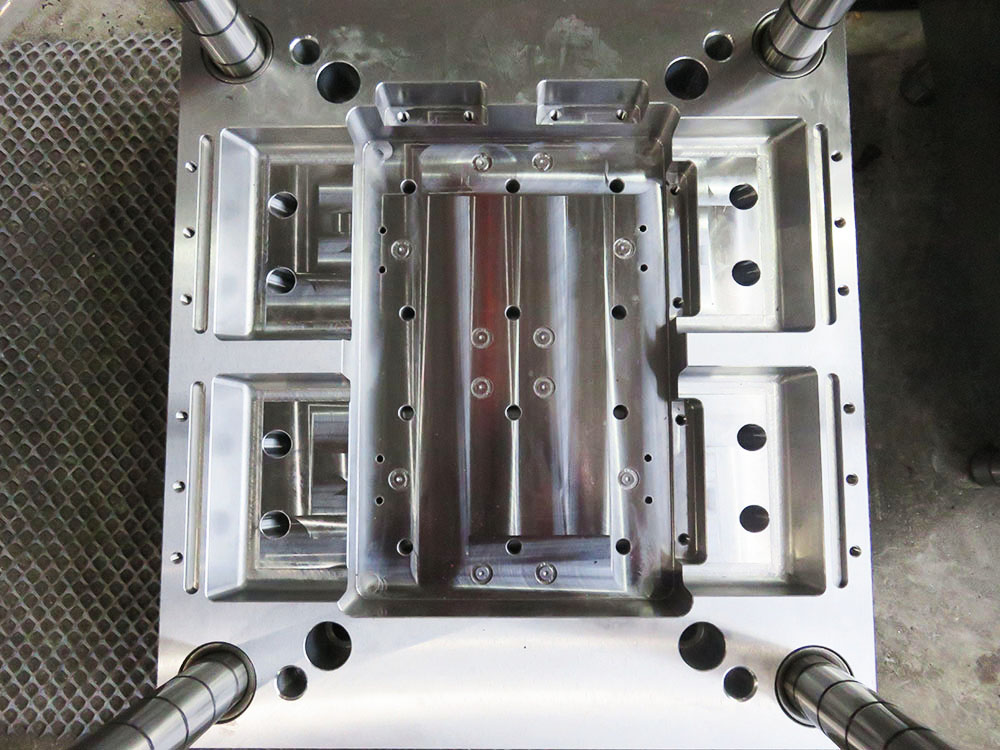Advantages of Modular Construction in the Mold Base Industry
In the fast-paced and constantly evolving world of manufacturing, efficiency and adaptability are of utmost importance. The mold base industry, which provides the foundation for creating molds used in various manufacturing processes, has been increasingly turning to modular construction to meet these demands. Modular construction offers a range of advantages that ensure not only cost-effectiveness but also enhanced productivity and flexibility.
Reduced Construction Time
Modular construction in the mold base industry significantly reduces construction time compared to traditional methods. This is due to the pre-fabrication of modules in a controlled factory environment while site preparation occurs simultaneously. These pre-fabricated modules are then quickly assembled on-site, minimizing construction time to a fraction of what it would take with traditional construction methods. This advantage allows for faster production cycles and quicker response times to meet customer demand.
Enhanced Quality Control
One of the key advantages of modular construction in the mold base industry is the enhanced quality control it offers. The controlled factory environment ensures that each module is manufactured to exact specifications and undergoes rigorous quality checks before being shipped to the construction site. This eliminates any potential errors or deviations from the required standards that can occur with on-site construction. The accuracy and precision of modular construction translate into higher quality mold bases, reducing the risk of manufacturing defects and improving overall product performance.
Cost-effectiveness
Modular construction also offers cost-effectiveness in the mold base industry. The streamlined and efficient process reduces labor costs as modules are pre-fabricated, reducing the need for extensive on-site work. Additionally, the reduced construction time translates into cost savings as projects are completed in shorter durations. Furthermore, modular construction allows for easy expansion or modification of the mold base, eliminating the need for complete reconstruction in case of changing requirements. This adaptability ensures that manufacturers can efficiently adapt to new demands without significant financial investment.
Increased Flexibility and Adaptability
The modular construction approach provides the mold base industry with increased flexibility and adaptability. The modular components can be easily reconfigured or rearranged to accommodate changes in design or manufacturing requirements. This level of flexibility enables manufacturers to respond quickly to design alterations, market trends, or mass production needs. Additionally, modular construction allows for scalability, with the ability to add or remove modules as necessary. This adaptability makes modular construction an ideal choice for industries that require rapid changes and adjustments.
Sustainability and Environmental Benefits
Modular construction is not only cost-effective but also offers sustainability benefits in the mold base industry. The controlled factory environment used for pre-fabrication ensures efficient use of resources and minimizes waste generation. Additionally, the modules used in this construction method are recyclable, reducing the environmental impact of the industry. The reduced construction time and minimal disruption to the site further contribute to sustainability by conserving energy and reducing carbon emissions.
Conclusion
Modular construction has become an integral part of the mold base industry, offering numerous advantages that align with the industry's demands for efficiency, quality, and adaptability. The reduced construction time, enhanced quality control, cost-effectiveness, increased flexibility, and sustainability benefits make modular construction an attractive choice for mold base manufacturers. As the manufacturing landscape continues to evolve, the mold base industry will benefit from harnessing the advantages of modular construction to stay competitive and meet the ever-changing market demands.




